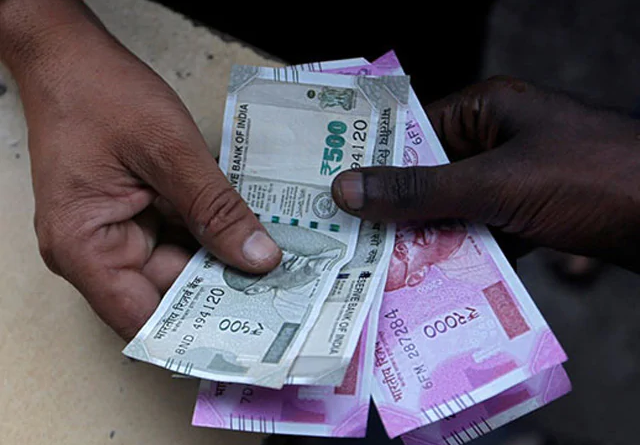RBI Eases Loan Repayment Rules
RBI Eases Loan Repayment Rules. How It Helps You
This pause on interest payments will be applicable to corporate loans, home loans, car loans and personal loans.
The Reserve Bank of India (RBI) on Friday permitted commercial banks and other financial lenders to allow borrowers to delay their loan repayments by a period of three months. The move by the regulator complemented the government’s announcement of a Rs 1.7 lakh-crore fiscal package the previous day to help the poor survive the 21-day countrywide lockdown, which is aimed at curbing spread of the deadly COVID-19 disease. Economists say the moratorium – or deferment of term loan EMIs – along with other measures will help relieve the already-marred financial system of excessive stress arising from the lockdown. But what’s in the RBI’s announcement for you?
Here are 10 things to know about the RBI’s announcement on loan EMIs:
- 1) The RBI said all banks – including regional, small and co-operative banks – as well as lending institutions – such as housing finance companies and microfinance companies – will be able to allow their customers three months more for repayment of term loans.
- 2) The instalments will include dues related to principal/interest, equated monthly instalments (EMIs), and credit cards, the RBI said in a notification later.
- 3) Simply put, the RBI’s directive enables banks and other lenders to let their customers defer their loan repayments by a period of three months. So if you have a term loan, which is a monetary loan to be serviced at regular intervals – say monthly, today’s RBI directive will allow your bank to let you pay the EMIs for next three months at a later time.
- 4) And this will be applicable, according to the RBI, to all term loan outstandings as on March 1, 2020. In other words, if you had any active loan on March 1, for which at least one EMI is due, you will now get three months to make that payment.
- 5) The three-month moratorium means that no EMI would be deducted from the account of any loan borrower for the next three months, and this will not affect the credit score of the borrower, say analysts. This pause on interest payments will be applicable to corporate loans, home loans, car loans and personal loans. It will especially come as a huge relief for the self-employed EMI payers as their income has taken a hit in wake of the lockdown.
- 6) Among other measures to support the financial markets and ensure 6) sufficient liquidity in the system, the RBI also cut the repo rate by 75 basis points – the biggest downward reduction since January 2009, and the reverse repo rate by 90 basis points, and eased the rule on the amount of cash commercial banks have to necessarily keep parked with the RBI.
- 7) Expressing fears that a big global recession may be around the corner, RBI Governor Shaktikanta Das said that India will not be immune from it and needs to respond adequately to the situation.
- 8) Many economists welcomed the RBI’s move at a time the already-slowing economy is likely to bear the brunt of the reduced business activity due to the coronavirus lockdown.
- 9) “The combination of moratoriums, liquidity enhancing measures and the sharper-than-hoped-for repo rate cut will help to assuage the markets in these increasingly unsettled times,” said Aditi Nayar, principal economists at credit ratings agency ICRA. It will also offer some protection against widespread defaults, even though the actual impact on boosting economic activity may be limited, she added.
- 10) However, some also expressed concern on the possible impact of the loan repayment relaxation on the banking system. “After 90 days of moratorium, there can be an increase in non-performing assets,” said Sujan Hajra, chief economist at brokerage Anand Rathi Securities.




